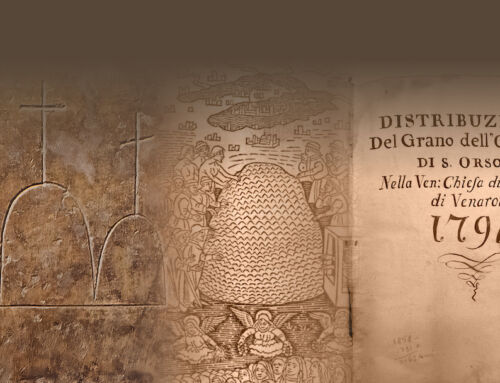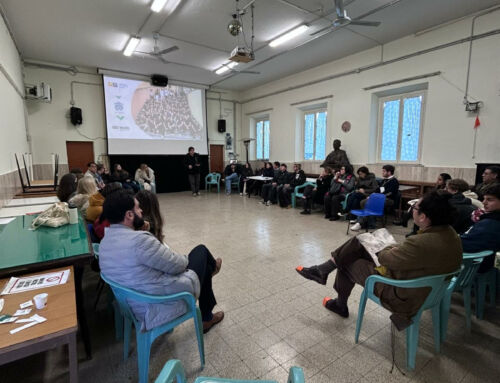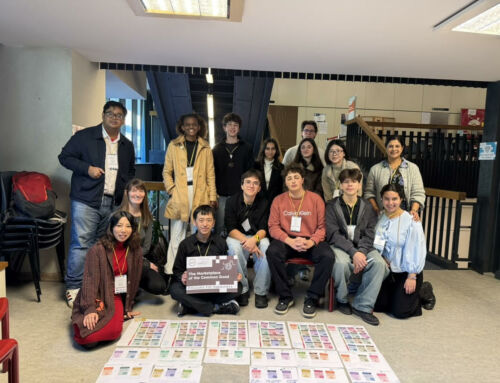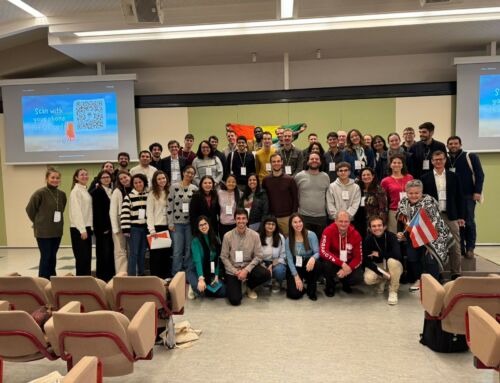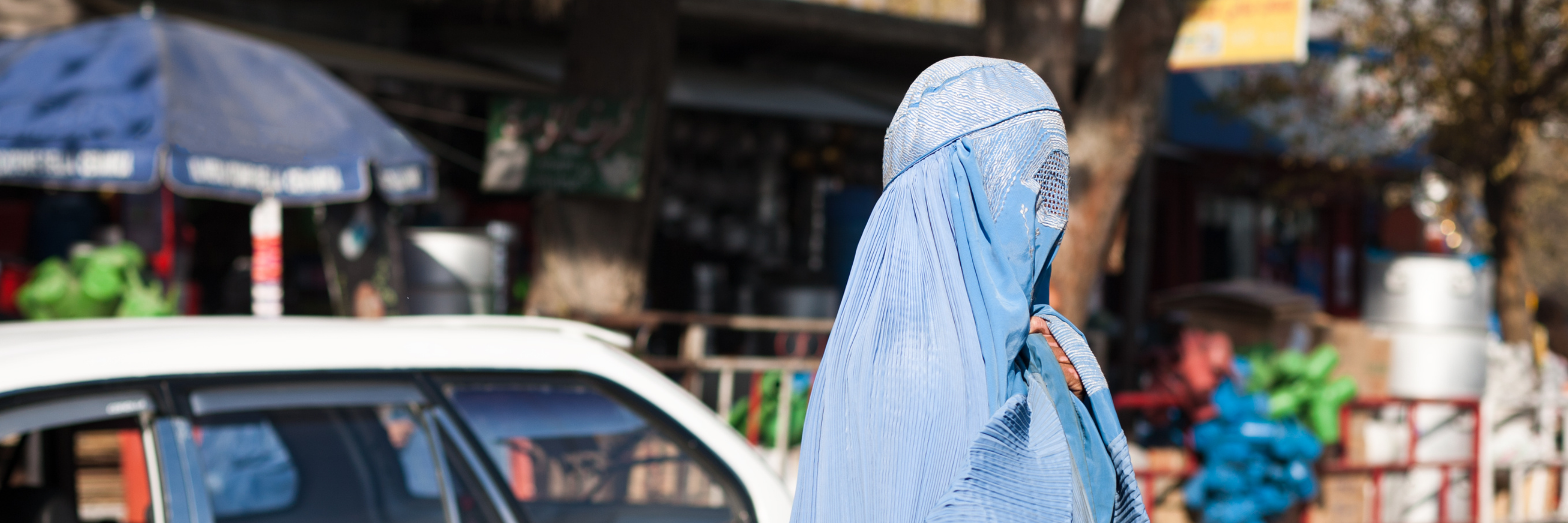
The story. EoF serves as a bridge for human rights: Afghan couple rescued from Taliban
by: Cinzia Arena. Saturday, April 23, 2022.
From Kabul to Rome, passing through Islamabad, the happy ending of the story of a women’s rights advocate, who asked young economists for help and, together with her husband, arrived in Italy.
«I am a women’s rights advocate and my life in Afghanistan is in danger.» It was September 21 when this appeal reached the mailbox of the Economy of Francesco. A few weeks earlier, on August 28, the initiative “Afghan Women Exist. Together We Stand” was organized by the young people of EoF to denounce the living conditions of Afghan women after the Taliban’s return to power. The echo of those squares full of blue scarves had also reached Kabul, where the young woman lived with the fear of being killed for her activity: teaching children a concept that is not at all common in her country, that is, gender equality. Thanks to the cooperative “One city is not enough” and to the exceptional efforts of two lawyers – Flavia Cerino and Maria Cristina Marzola – last Thursday, she and her husband arrived in Italy. To tell this story are the two lawyers themselves. They hope that in September, she will be able to do it personally at the third edition of EoF that will be held in Assisi. They worked night and day by remote connection, one was in Rome and the other in Piacenza. They are experts in immigration law, a field that is constantly evolving and is unfortunately almost absent from university courses. «For us, it was very difficult to understand how to get into a situation so different from ours – explains Flavia Cerino – We started a thick correspondence with her and her husband. In the end, they managed to participate in the humanitarian corridors program and to reach the Italian Embassy in Islamabad, Pakistan.»
«The lady has been involved in women’s rights for many years, like her mother and sister – Maria Cristina Marzola continued. Their concern was great since the category of women are “under surveillance.” She was educated and aware of what happens outside the country; by teaching boys, she was even more at risk for her ideas. They told us that they both lost their jobs overnight. The husband worked in a bank and had studied abroad. In these months, they lived off their savings until they used them up. They were very active on social networks but they had to delete their respective accounts so as not to be discovered». Married recently, the young couple safeguarded the photos of their wedding by sending them to the two lawyers for fear that they would be intercepted (The wedding was not celebrated according to the rules imposed by the Taliban). The situation in Afghanistan has precipitated with the outbreak of the war in Ukraine, the two lawyers explained. It was not due to a direct link but to a (further) lack of interest on the part of the international community. «Through this couple’s stories, we learned what it means to live in Afghanistan. In February, a house-to-house search began. They are not of Hazara ethnicity and they speak Pashtu being educated, so they managed to disguise themselves. He grew a beard and she wore a burka – the two lawyers recounted. In Afghanistan, women who cannot do anything without a man, not even to ask for a document, are in fact prisoners.»
The happy ending came thanks to the involvement of the social enterprise “One city is not enough”. The two found a home in a refugee center in the province of Rome, which has been hosting other 18 Afghans since August with the help of private donations. Now, they will apply for international protection and certainly, for a long time, they will not be able to return home. They arrived in tears, with their eyes full of joy for having made it, but also with the fear of an unknown future. «In these months, we have been in contact night and day, they have relied completely on us, sending us their documents, their photos, and a lot of news on the local situation.» In short, a unique experience of sharing and trust. The message that Flavia and Maria Cristina want to transmit, by recounting it, is the need to further expand the reach of EoF: «Without a new law, there cannot be a new economy. If we are not committed to enforcing the basic human rights such as freedom, democracy, and equality, the economy will not have a solid foundation on which to rest.»


